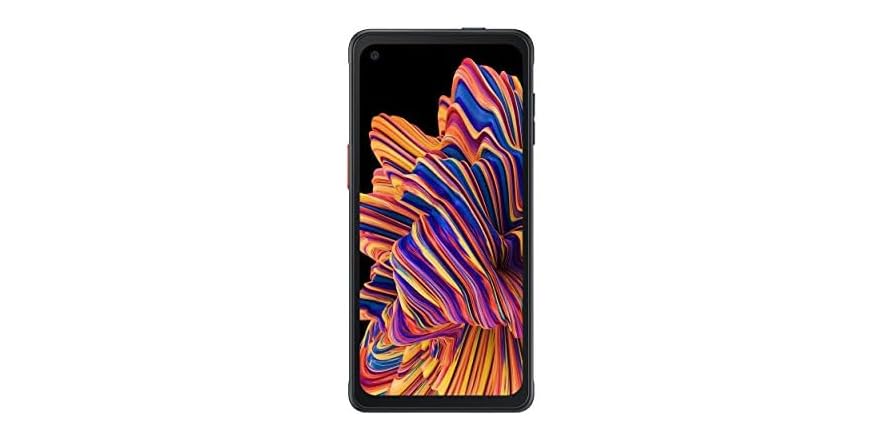

I’ll see if I can remember any interesting ones. One is a portable satellite messaging device using this:
Simplest case would be a small waterproof box with a battery and a board and MCU inside. UI would be a phone communicating by wifi. The box could run a web server so you would operate it with a phone browser and not have to install an app. Nicer version could have a minimal keyboard and display, like from a Lilygo Deck.
Note: this functionality already appears in a few high end phones (Iphone 15, Pixel 9) so it may make its way into more affordable phones after a while. Thus, the special hardware might stop being interesting. Meanwhile there are things like the Garmin Inreach which require over-expensive monthly subscriptions.
Another: a privacy oriented health monitor something like a fitbit (it wouldn’t have to be as small), that communicates with your computer or phone but doesn’t send anything to Google etc.
There were a few more. I may make another post later if any come to mind.

















Huh?